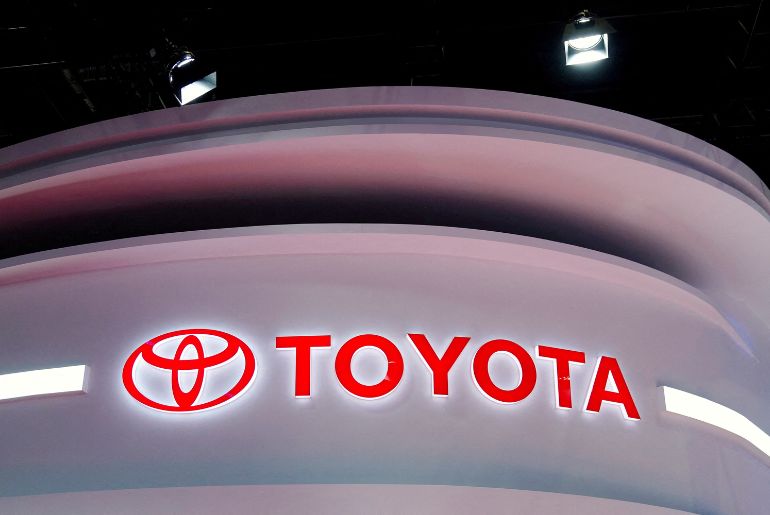In a significant development for the global electric vehicle (EV) industry, Toyota Motor Corporation has once again delayed the construction of its highly anticipated EV battery manufacturing plant in Fukuoka Prefecture, Japan. The move underscores the automaker’s cautious approach toward the rapidly evolving electric mobility market and reflects broader concerns about slowing global EV demand.
According to reports, Toyota was expected to finalise the location agreement for the Fukuoka facility earlier this year, but the process has now been postponed for several months. The plant, spanning approximately 280,000 square metres, was planned as a cornerstone of Toyota’s next-generation battery production strategy—focusing on solid-state and advanced lithium-ion batteries intended for mass-market electric vehicles by 2028.
A spokesperson for Toyota clarified that the project is not being cancelled but is currently under review to ensure alignment with market conditions and long-term strategic goals. “We are evaluating investment timelines and production capacities based on evolving global demand for EVs,” the company stated.
Industry analysts suggest that Toyota’s decision stems from multiple factors, including moderate EV adoption rates, cost pressures, and supply chain adjustments. The company has faced criticism recently for its slower transition toward fully electric vehicles compared to competitors such as Tesla, Hyundai, and BYD.
Despite the delay, Toyota reaffirmed its commitment to innovation in battery technology. The automaker continues to invest heavily in solid-state battery development, aiming to commercialise the technology by 2028. The company has described solid-state batteries as the next major leap in EV performance, offering faster charging times, improved safety, and significantly higher energy density.
Earlier this year, Toyota announced that its battery manufacturing facility in North Carolina is still on track for production by 2026, demonstrating that the automaker is adopting a region-specific strategy towards electrification instead of a universal approach.
Experts say the Fukuoka delay highlights the complexity of balancing innovation, cost, and market readiness. “Toyota is being pragmatic,” said one analyst. “The company’s hybrid dominance still gives it strong profitability, but its slower EV expansion could risk losing ground to competitors if the market accelerates faster than expected.”
While the delay may temporarily hinder Toyota’s EV ambitions in Japan, the company remains confident that its diversified electrification strategy—spanning hybrids, plug-in hybrids, hydrogen fuel cells, and battery electric vehicles—will keep it competitive in the global race toward carbon neutrality.
The Fukuoka plant, once operational, is expected to play a crucial role in Toyota’s global EV battery supply chain, supporting both domestic and export markets. The revised project timeline is anticipated to be announced in late 2026.

